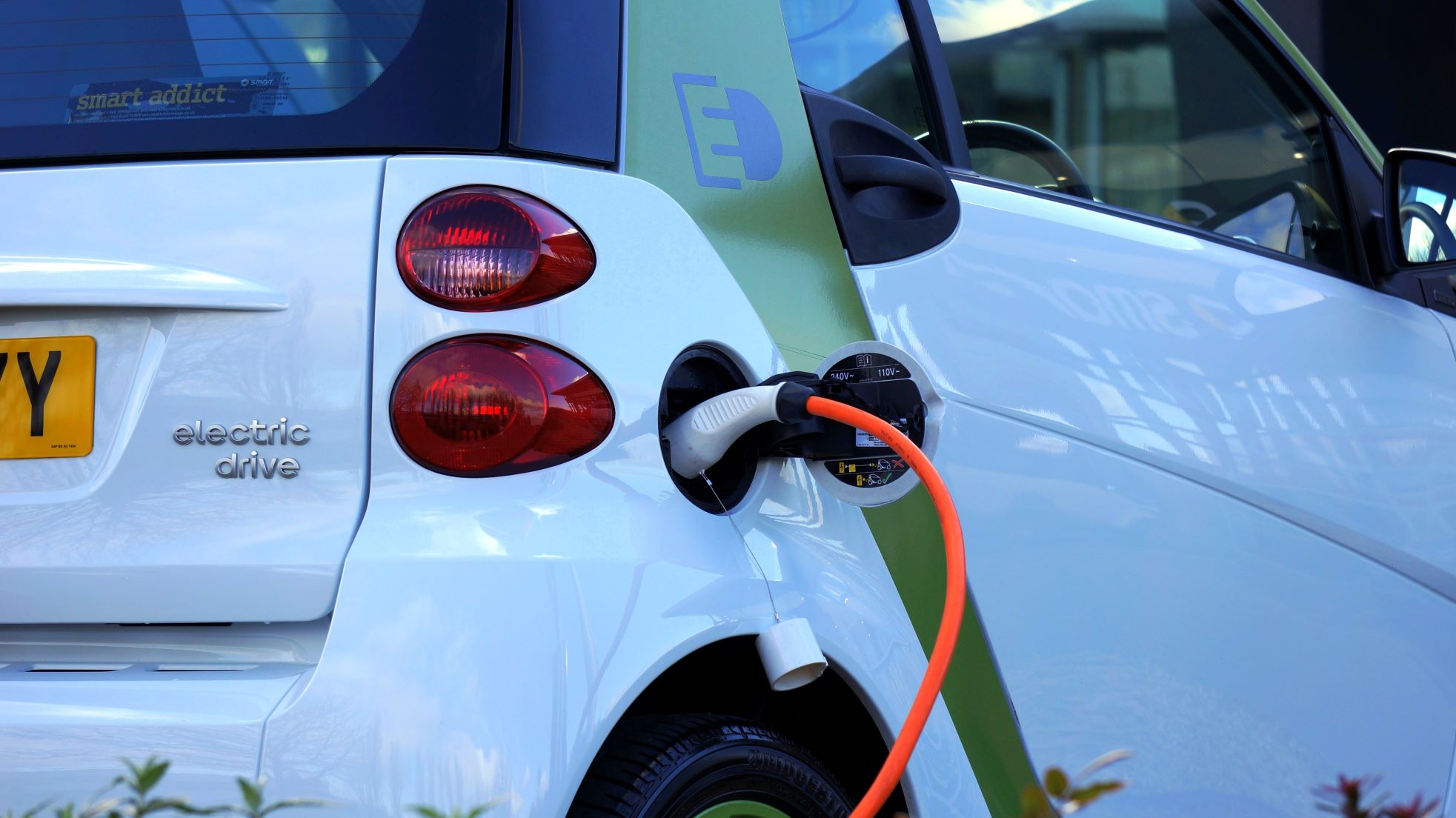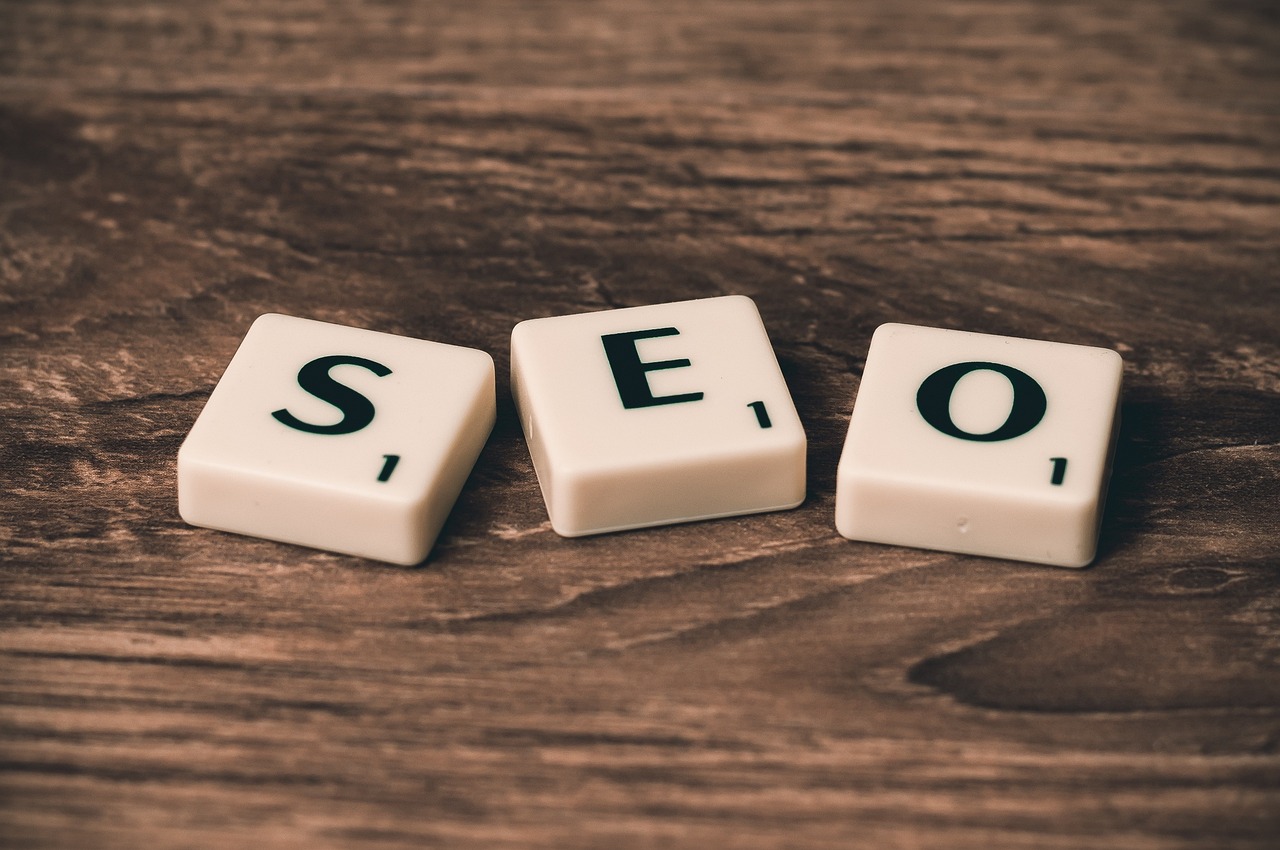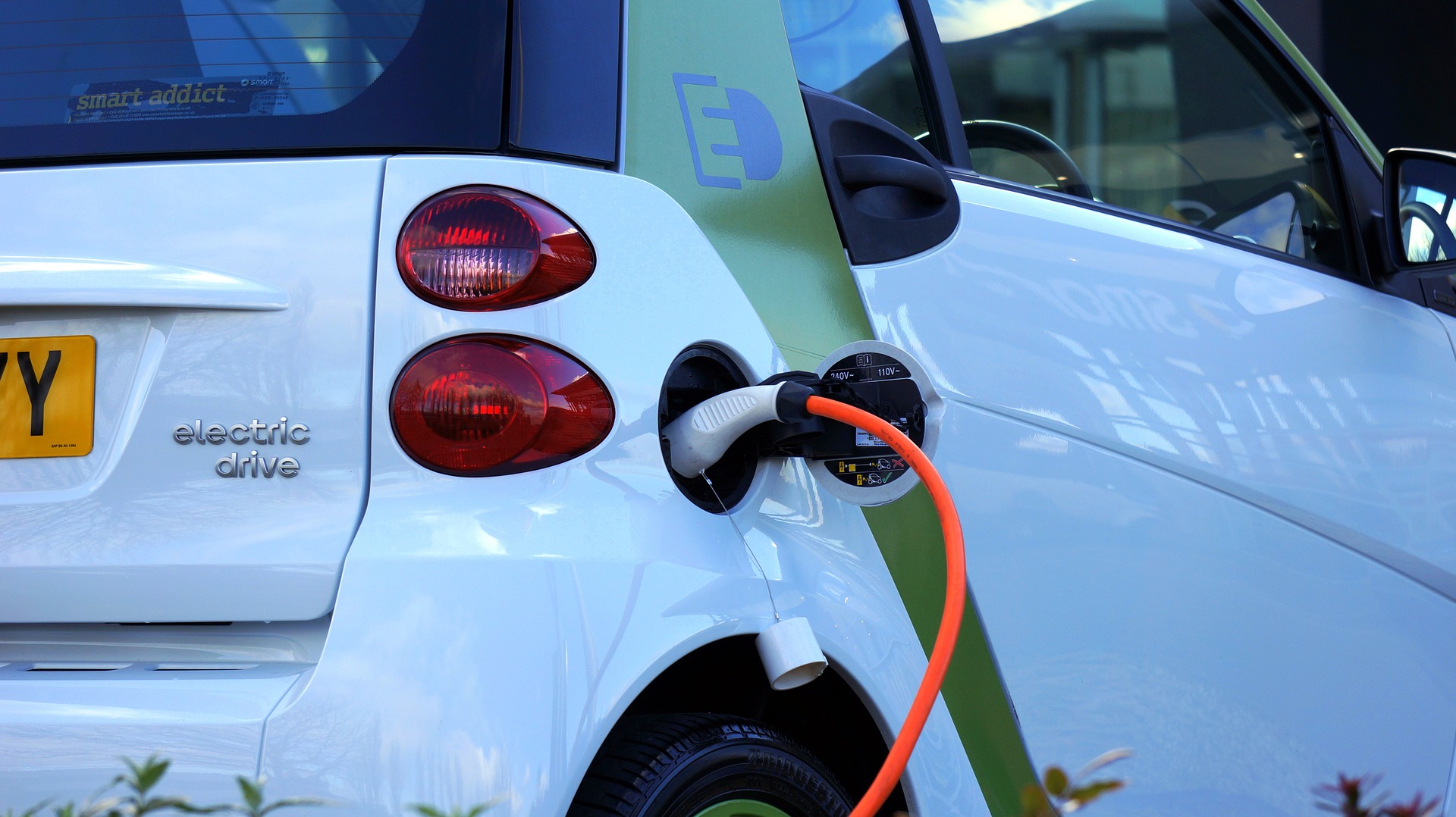You could walk into Ford today and drop £35,510 on a base model Edge SUV. Yes, you’d have a nice car and a shiny warranty; but what could that money get you elsewhere?
If you scroll through the classifieds, you’ll often see an old luxo-barge seeking a new home for a fraction of what it was originally worth. Premium cars are some of the quickest to depreciate in value and that can result in some great options for used car buyers!
Matching the Risk to the Reward
Obviously, there’s a reason we’re not all driving round in 2000’s E class’ or 7 Series’. For the average motorist amongst us, the threat of a mechanical failure is too much, especially when you look at some of the bills people have faced. These cars cost so much in the first place because they were stuffed with all the latest technology, that unfortunately results in some expensive fixes when something goes wrong.
I’m not suggesting everyone should go out and pick up an old Bentley or Maserati, but if you’ve got a bit of experience with cars and you’re not afraid to get your hands dirty, the internet is filled with step by step videos and cheap parts that will enable you to navigate some considerate workshop costs!
Have Some Fun
Imagine yourself sat at your desk now with £19,664 in front of you. That’s exactly enough to pick up a Peugeot 308 GT Line, by all means a good looking and well-equipped car. Take a look at the classifieds however and you could instead treat yourself to a 2008 BMW M3 with under 50,000 miles on the clock, a potent 420bhp V8 under the bonnet and £2,664 sat in your pocket.
Ok, the maintenance costs may not be comparable and the extra cash you saved would only cover your first four months of fuel but live a little!
Let Someone Else Take the Hit
Depreciation is a near certainty no matter what you buy. Unless you’re dropping mansion money on a limited-edition supercar and driving it on bubble wrap to your hermetically sealed garage, you’ll never sell your car for the same price or even more than what you bought it for. Buying a used car negates the majority of that loss in profit and allows you to drive away in a car that often cost you less than two thirds of the original price!
Why buy a brand-new Lotus Evora 400 for just shy of £80,000 with options, when a similarly optioned 15 plate car is available for just over £45,000? I have no doubt in my mind that this car has been kept in pristine condition throughout its short life and has had no expense spared.
People may argue about a new car warranty, but unless you’re planning on blowing up a few engines, you’d be hard pressed to spend that significant amount of cash you’ve saved by buying the used example.
Not Everyone Will Agree
I’m not expecting everyone to now abandon their search for a new SUV and browse the used market for a 600bhp V12 monster. Some people like having a new car and I don’t blame them.
However, there’s no reason you shouldn’t take a look and see just how much car you could get for your money if you choose used over new…










